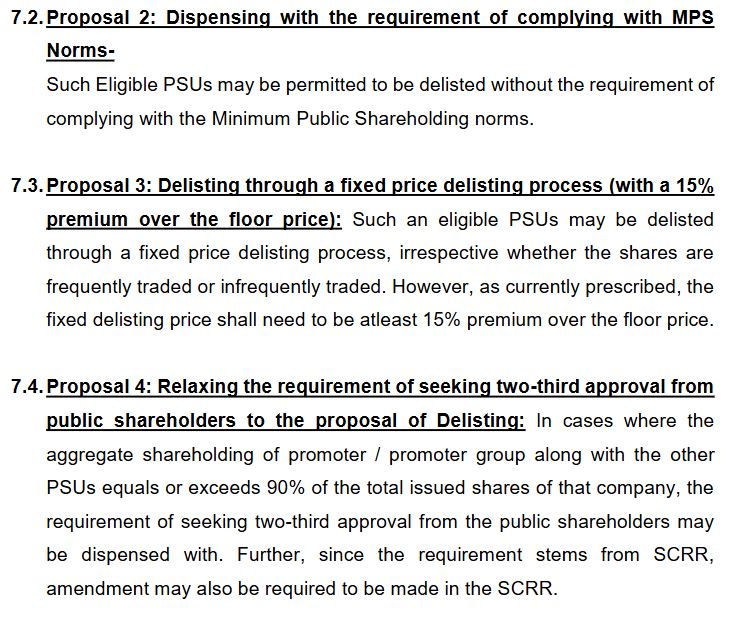It's that time of the season again when Divestment talks during a bull run gathers momentum (with little results)
LIC IPO is back on the table with advisors being chosen. Fair enough!
A thread below on why LIC IPO is not going to be a cakewalk
LIC IPO is back on the table with advisors being chosen. Fair enough!
A thread below on why LIC IPO is not going to be a cakewalk
(a) LIC is the largest #DII in India handling $500bn #investment portfolio. LIC act stipulates that all #receipts and payments need to be made out of that fund only. In case govt divest 10% stake (min stake required as per #SEBI regulations), who will do the corpus handling?
(b) LIC act stipulates that the insurer distribute 5% surplus p.a to GOI as #dividend. Most pvt insurers prefer higher ratio to shareholders. Any change in this ratio requires approval from both houses of #parliament. Even investors would insist on clarity before committing $
(c) LIC policyholders has #sovereign guarantee from the GOI and no claim can be rejected on the basis of capital adequacy. If this continues then either GOI show LIC as contingent #liability in their budget or capital base of LIC needs to be boosted before IPO.
(d) LIC has a market share of ~70% owing to its #network of agents. LIC employee union need to be assured that partial stake by GOI will not lead to sidelining of their #commissions or their role in the future.
Without these issues being ironed well before the investors are brought on board, i would take any news with a pinch of salt. The divestment talks may go around in circles till then!
Disc : Invested and recommended few pvt insurers in portfolio
Disc : Invested and recommended few pvt insurers in portfolio
• • •
Missing some Tweet in this thread? You can try to
force a refresh





